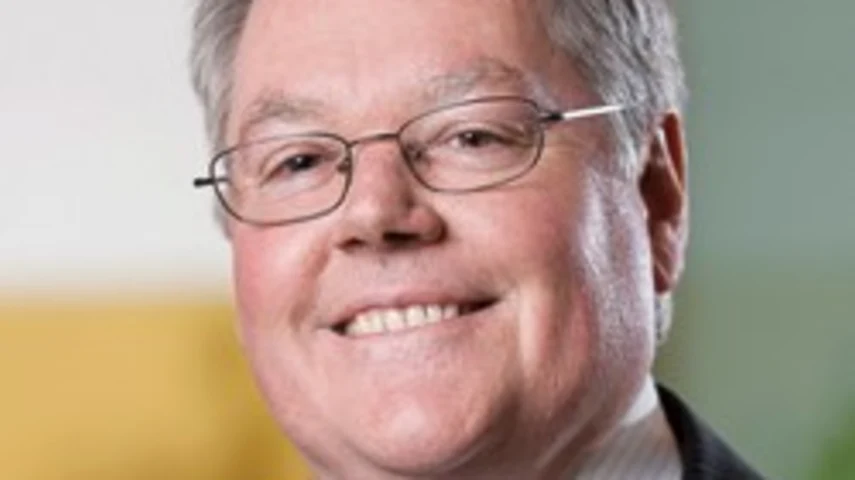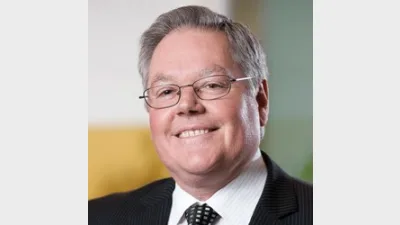FPA calls for cultural change in planning



Financial Planning Association (FPA) chief executive Mark Rantall has called upon the financial planning profession to unite by adopting widespread cultural change which promotes the cause of the client ahead of that of the industry or its practitioners.
Speaking at the FPA/Money Management breakfast in Sydney this morning, Rantall said the intent of the Future of Financial Advice (FOFA) reforms was to place the client at the heart of the financial planning process.
He stated that while many planners did this, it was not enough for the wider profession to "go through a low-ball approach and scrape through".
"Given the defensive nature of recent actions in complying with FOFA, the industry still needs to unite under a common banner and purpose," he said.
Rantall said that the industry had a first responsibility to clients and not commercial interest, despite the aggregation and business consolidation taking place in the industry.
"Planners have a responsibility to work with intent by placing consumers first and then trusting that the commercial benefits will flow. I personally believe that if planners do this, the benefits will flow."
Given the industry's history and past, Rantall stated there was an ongoing need to implant the right culture, not only around remuneration and commercial realities, but specifically around consumers.
"There is a need to set the moral compass in the right direction, which is more than just complying with FOFA; it is much bigger than that," he said.
"Codes of practice and behaviour are important, not just for the self-preservation of financial planners but because at the heart of them sits the client."
Rantall said the industry must work together to encourage good practice, empower those who do so, and expel anyone in the industry not interested in these outcomes.
He also urged planners to sponsor the industry into its next phase of development, bringing it to the same professional level as accountants, lawyers and doctors.
Echoing Rantall's comment, AMP director of financial planning advice and services Steve Helmich, who also spoke at the breakfast, said that rather than focusing on the changes, planners should return their focus on their clients, because FOFA was not the end of regulatory change — "it is just the last change before the next change".
Helmich stated that FOFA alone would not lead to planners receiving professional status, nor would enshrinement. Financial planners had still yet to achieve that status.
"It is not far away, with Certified Financial Planner (CFP) accreditation growing each year, as well as entry levels being lifted, which is required because we cannot be a profession with low standards," he said.
"If we continue to have people in the profession who choose not to act right, we need to get them out," Helmich added.
"I would even go as far to say to those out there who will not build a higher profession and a future for it, to get out of the way."
Rantall added that when the industry was united — including at the professional association level — it had done great things, including lobbying the Government around changes to FOFA, the Tax Agent Services Act and enshrinement.
Rantall said if the industry continued to look backwards to the door that closed with the introduction of FOFA, then it would continue to see darkness and despair.
Recommended for you
The Financial Advice Association Australia has appealed to licensees to urgently update their FAR records as hundreds of advisers are set to depart by the end of the year.
Demand for robo-advice tools is rising, a report has shown, but this is occurring simultaneously with rising demand for professional face-to-face advice.
ASIC has released the results of the latest financial adviser exam, held in November 2025.
Winners have been announced for this year's ifa Excellence Awards, hosted by Money Management's sister brand ifa.












